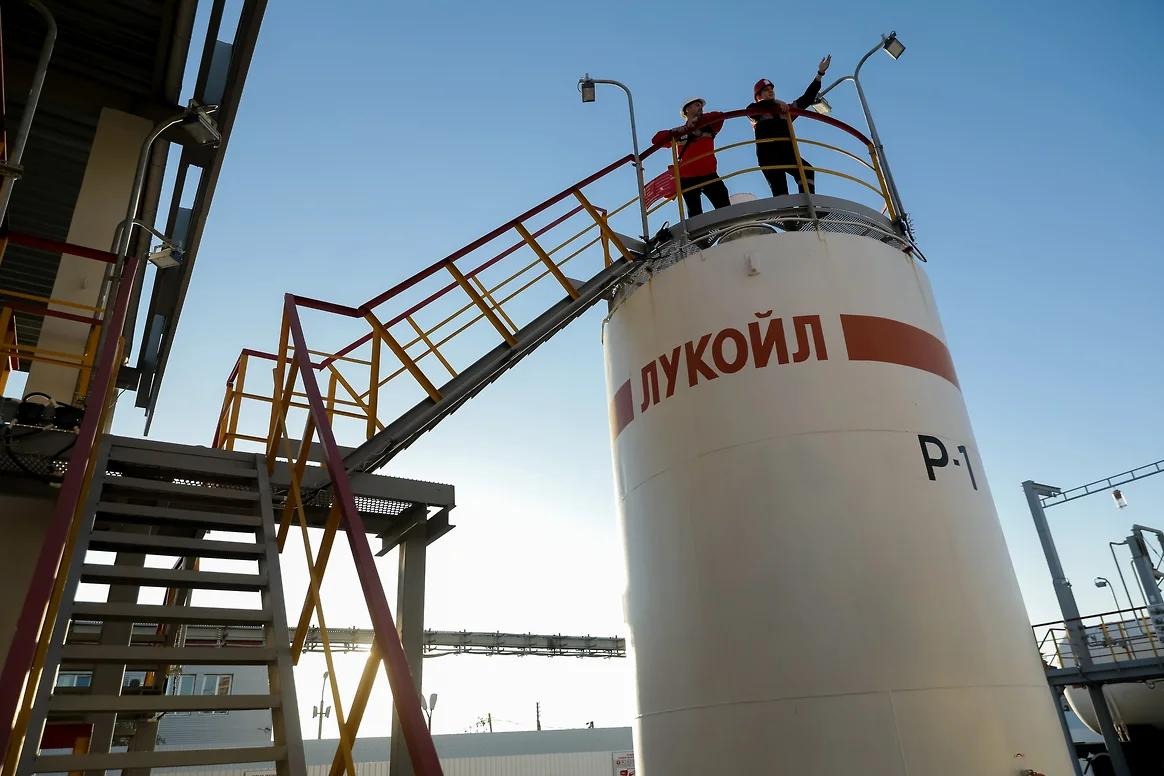REPORT OF IRANIAN TRAINING OF CHECHENS GREETED SKEPTICALLY
REPORT OF IRANIAN TRAINING OF CHECHENS GREETED SKEPTICALLY
A leading Russian newspaper, the Iranian government and a Chechen separatist website have all dismissed a British newspaper report claiming that Iran is training Chechen rebels.
Citing “Western intelligence reports” as its source, the Sunday Telegraph reported on November 27 that “teams of Chechen fighters” are secretly being trained “in sophisticated terror techniques to enable them to carry out more effective attacks against Russian forces” at the Revolutionary Guards’ Imam Ali training camp, located close to Tajrish Square in Teheran. The “Chechen volunteers,” the newspaper further claimed, “undergo ideological and political instruction by hardline Iranian mullahs at Qom.” According to the Telegraph, the Iranians “are growing increasingly suspicious of Moscow’s intentions.” despite the fact that Russia, which is helping Iran build the Bushehr nuclear reactor, has offered Iran “a face-saving formula” to avoid being reported to the United Nations Security Council for its failure to cooperate fully with U.N. nuclear inspection teams. Moscow has offered to oversee Iran’s nuclear enrichment activities to ensure that only partially enriched uranium, which is not of weapons grade, is produced. Western intelligence officials, the newspaper wrote, believe that Iranian President Mahmoud Ahmadinejad has sanctioned the training of Chechen fighters. The Sunday Telegraph quoted “a senior intelligence official” as saying of the Iranian regime: “Just as they have orchestrated attacks against British troops in Basra to pressure Britain to drop its opposition to Iran’s nuclear program, so they are trying to put pressure on Moscow by backing Chechen fighters.”
The author of the Sunday Telegraph article, Con Coughlin, was interviewed by Moskovskie novosti on December 2. He said that according to his sources, Iran is using the Chechen fighters as an “instrument of pressure” on Moscow in order to ensure a “positive outcome” of a Russian inspection of the Iranian nuclear program, as reported on the Russian newspaper’s website. Coughlin refused to identify the “senior intelligence official” he cited in his article, but described him as being of the highest reliability and competence. Asked whether the information he reported might have been a deliberate leak by the special services aimed at forcing Moscow to change its position vis-à-vis Iran’s nuclear program, Coughlin said he did not have an answer to that question but added that according to his information, Iran’s connections to the Chechen separatists dated back to 1999 and that Ahmadinejad, who is closely connected to the Revolutionary Guards, has sanctioned the expansion and intensification of the Chechens’ military training in Tehran.
The Chechen separatist Kavkazcenter website called Coughlin’s report about Iran’s alleged training of Chechen separatists “complete nonsense” in an item posted on November 29. “It has long been common knowledge that in relation to Chechnya, Tehran has always taken a clear and unambiguous position,” the Kavkazcenter item stated. “Iran in every way justifies Moscow’s occupation of Chechnya and will never put its military-economic ties with Russia under threat because of the Chechens.” Kavkazcenter added, however, that the “disinformation put out by the British” may have been disseminated “with the consent of Moscow,” which is looking for “a convenient pretext to freeze nuclear cooperation with Tehran.”
Like Kavkazcenter, Izvestia wrote on November 30 that the Sunday Telegraph report “might verge on the sensational.” “Tehran has no need to spoil relations with Moscow by harboring ‘Chechen separatists’ on its territory. It is thanks to Russia’s restrained policy that the ‘Iranian dossier’ has not yet been handed over for examination by the U.N. Security Council. And that means that the British press reports are nothing more than badly executed misinformation, experts believe.” Izvestia described the Sunday Telegraph report as “another shot fired in the information war that the West is waging against the Iranian regime,” adding that “a quarrel between Tehran and Moscow would make the Western diplomats’ work easier.”
Tehran weighed in on the Sunday Telegraph article in a press release issued by its embassy in Moscow on December 6. “Public opinion knows well about the clear and unambiguous position of the Islamic Republic of Iran (IRI) regarding issues concerning the Republic of Chechnya,” Interfax quoted the pres release as saying. “The IRI has always condemned terrorist acts that lead to the killing and injuring of innocent people, not only in the Republic of Chechnya but everywhere in the world, while regarding phenomena of this kind as violating the holy law of Islam and moral norms generally accepted in the world. The policy of the IRI continues to be built on non-interference in the internal affairs of other countries and states. Therefore the IRI regards the issue of the Republic of Chechnya as being in the competence of Russia and its internal matter. In the view of the IRI, the government of Russia and the sides to the conflict should put forward all proposals for settling the problems.”


